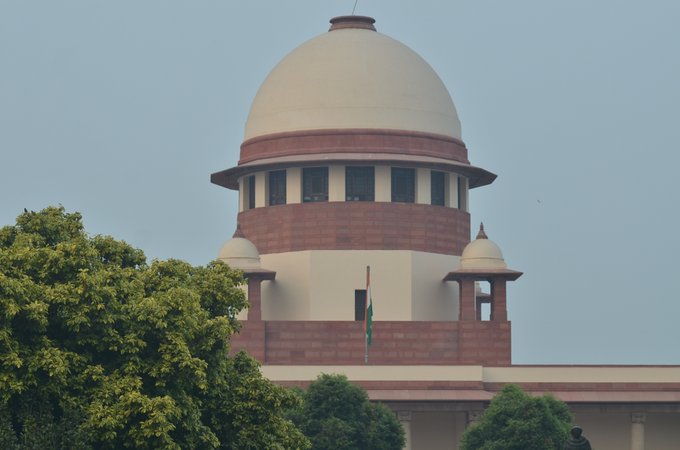Umamageswari Maruthappan
The Supreme Court bench headed by CJI Bobde censured the Central Government’s indolence in scrutinising and controlling the television authorities against telecasting programs that could have “instigating effect.”
“There are programmes which instigate or impact a community. But as a government, you do nothing,” stated the Apex Court.
“Control over some news is as important as some preventive measure and check law and order situation. I don’t know why you are blind to this. I don’t mean anything offensive but you are doing nothing about it,” the CJI added.
The Bench also comprising Justices A S Bopanna and V Ramasubramanian, heard the petitions relating to media coverage of the Tablighi Jamaat congregation which was held in the midst of the Covid-19 Pandemic.
It was reportedly alleged that the congregation which was held in March 2020 at New Delhi was the cause of the spread of the virus throughout the country. It was adduced that people all over India attended the same and hence, the number of cases got multiplied in the Country.
The petitions filed by several people including the Jamiat Ulama-I-Hind requested the Apex Court to direct the Centre to prevent the spread of the “fake news” regarding the large gathering and to take stringent action against those who are sharing such information.
While looking into the matter, the CJI also made a comment on the internet shutdown in parts of Delhi on 26th January 2021 when the farmers’ tractor rally protest had crossed the peace limit.
The Government, on 26th January 2021, ordered for shutting down the internet services in some parts of Delhi claiming, “public emergency”. The action was taken under section 7 of the Indian Telegraph Act 1855.
When Solicitor General Tushar Mehta defended the Centre by stating that there are regulatory authorities to monitor the television channels, the Apex Court reprimanded the same and directed the government to issue guidelines under the Cable Television Network Act (CTNA).
The Bench also sought an affidavit to be filed by the relevant parties and adjourned the matter for hearing after the submission of the affidavits.

